Mengkun Tian
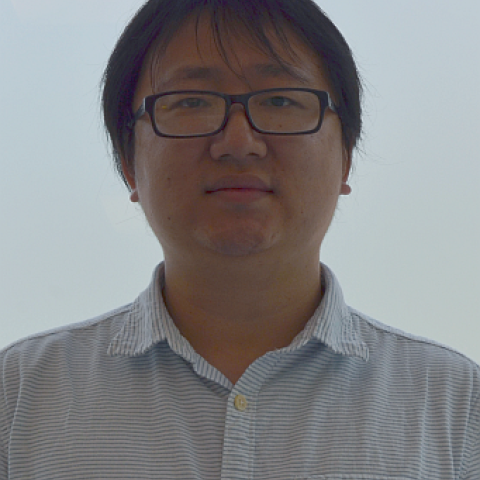

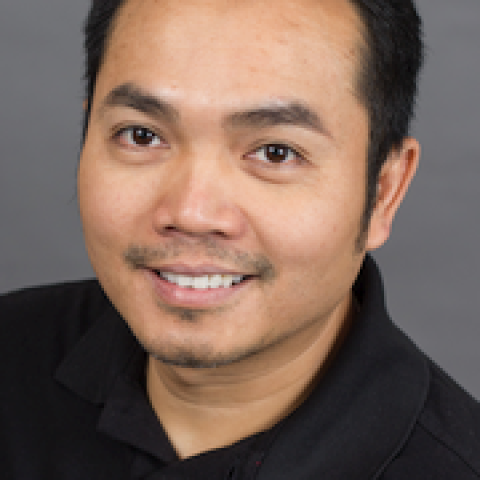
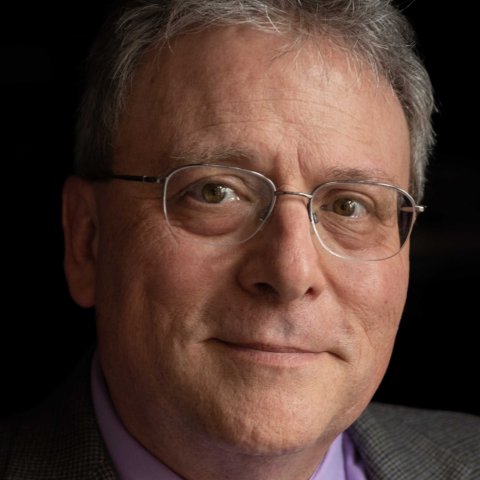
Regents' Professor and Carter N. Paden, Jr. Distinguished Chair in Metals Processing, Dave McDowell joined Georgia Tech in 1983 and holds a dual appointment in the GWW School of Mechanical Engineering and the School of Materials Science and Engineering. He served as Director of the Mechanical Properties Research Laboratory from 1992-2012. In 2012 he was named Founding Director of the Institute for Materials (IMaT), one of Georgia Tech's Interdisciplinary Research Institutes charged with fostering an innovation ecosystem for research and education. He has served as Executive Director of IMaT since 2013. McDowell's research focuses on nonlinear constitutive models for engineering materials, including cellular metallic materials, nonlinear and time dependent fracture mechanics, finite strain inelasticity and defect field mechanics, distributed damage evolution, constitutive relations and microstructure-sensitive computational approaches to deformation and damage of heterogeneous alloys, combined computational and experimental strategies for modeling high cycle fatigue in advanced engineering alloys, atomistic simulations of dislocation nucleation and mediation at grain boundaries, multiscale computational mechanics of materials ranging from atomistics to continuum, and systems-based computational materials design. A Fellow of SES, ASM International, ASME and AAM, McDowell is the recipient of the 1997 ASME Materials Division Nadai Award for career achievement and the 2008 Khan International Medal for lifelong contributions to the field of metal plasticity. McDowell currently serves on the editorial boards of several journals, and is co-Editor of the International Journal of Fatigue.
Computer-Aided Engineering; Micro and Nanomechanics; Fracture and Fatigue; Modeling
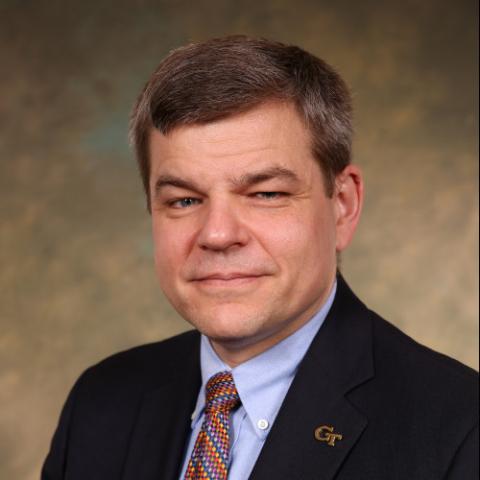
Professor Kurfess began his academic career at Carnegie Mellon University where he rose to the rank of Associate Professor. In 1994, he moved to the Georgia Institute of Technology where he rose to the rank of Professor in the George W. Woodruff School of Mechanical Engineering. In 2005, he was named Professor and BMW Chair of Manufacturing in the Department of Mechanical Engineering at Clemson University’s International Center for Automotive Research. In 2012, he returned to Georgia Tech as a Professor of Mechanical Engineering and the HUSCO/Ramirez Distinguished Chair in Fluid Power and Motion Control.
During 2012-2013, Dr. Kurfess was on leave serving as the Assistant Director for Advanced Manufacturing at the Office of Science and Technology Policy in the Executive Office of the President of the United States of America. In this position he had responsibility for engaging the Federal sector and the greater scientific community to identify possible areas for policy actions related to manufacturing. He was responsible for coordinating Federal advanced manufacturing R&D, addressing issues related to technology commercialization, identifying gaps in current Federal R&D in advanced manufacturing, and developing strategies to address these gaps. During 2019-2021 he was on leave serving as the Chief Manufacturing Officer and the Founding Director for the Manufacturing Science Division at Oak Ridge National Laboratory, where he was responsible for strategic planning in advanced manufacturing.
Professor Kurfess has served as a special consultant of the United Nations to the Government of Malaysia in the area of applied mechatronics and manufacturing, and as a participating guest at the Lawrence Livermore National Laboratory in their Precision Engineering Program. He has testified in a number of patent cases, including testifying at the International Trade Commission (ITC). He is currently the President of the American Society of Mechanical Engineers (ASME) and also serves on the Board of Governors of ASME. He is the CTO of the National Center for Manufacturing Sciences (NCMS) and serves on its Board of Directors. He also serves on the Board of Directors for the National Center for Defense Manufacturing and Machining (NCDMM), and on the Board of Trustees of the MT Connect Institute. He served on the Board of Directors for the Society of Manufacturing Engineers (SME) and was the President of SME in 2018. He is an appointed member of the Department of Energy, National Nuclear Security Administration, Advisory Committee for Nuclear Security, and an appointed member of the Department of the Navy Science and Technology Board.
His research focuses on the design and development of advanced systems targeting the automotive sector (OEM and supplier) including vehicle and production systems. He has significant experience in high precision manufacturing and metrology systems. He has received numerous awards including a National Science Foundation (NSF) Young Investigator Award, an NSF Presidential Faculty Fellowship Award, the ASME Pi Tau Sigma Award, SME Young Manufacturing Engineer of the Year Award, the ASME Blackall Machine Tool and Gage Award, the ASME Gustus L. Larson Award, an ASME Swanson Federal Award, and the SME Education Award. He is an elected member of the National Academy of Engineering, and a Fellow of the AAAS, the SME and the ASME.
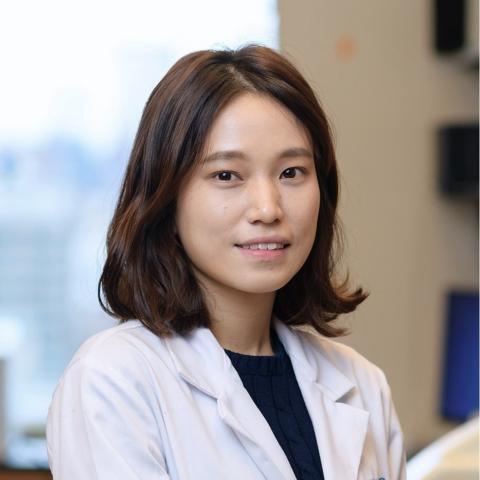
Mijin Kim is an assistant professor in the School of Chemistry and Biochemistry at Georgia Tech. Her research program is focused on the development and implementation of novel nanosensor technology to improve cancer research and diagnosis. The Kim Lab combines nanoscale engineering, fluorescence spectroscopy, machine learning approaches, and biochemical tools (1) to understand the exciton photophysics in low-dimensional nanomaterials, (2) to develop diagnostic/nano-omics sensor technology for early disease detection, and (3) to investigate biological processes with focusing problems in lysosome biology and autophagy. For her scientific innovation, Kim has received multiple recognitions, including being named as one of the STAT Wunderkinds and the MIT Technology Review Innovators Under 35 List.
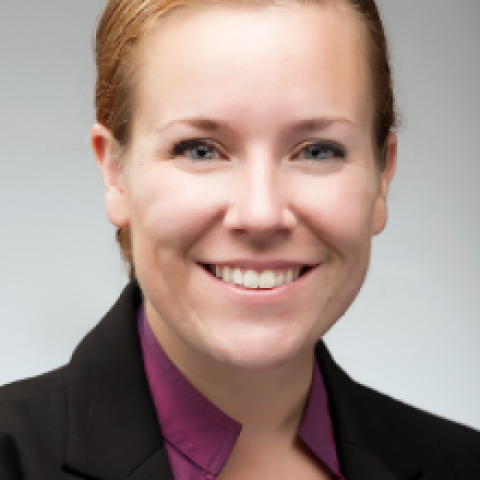
Lauren Garten joined the School of Material Science and Engineering as an assistant professor in Fall 2021. Her group focuses on developing new materials for energy and electronic applications, particularly at the nexus between ferroelectricity, ferromagnetism, electronics, and photovoltaics.
Lauren received her B.S. in ceramic engineering from the Missouri University of Science and Technology. She then went on to earn a Ph.D. in material science from the Pennsylvania State University for her work on ferroelectric, piezoelectric, and dielectric synthesis and characterization with Prof. Susan Trolier-McKinstry. She then became a post-doc at the National Renewable Energy Laboratory working on metastable materials for energy applications. After a very short stint as a material scientist at Sandia National Laboratory, she won the NRC Research Associateship from the National Academies of Science, Engineering, and Math which was hosted at the U.S. Naval Research Lab (NRL). She then received the Jerome and Isabella Karle Distinguished Scholar Fellowship from NRL to work on lead-free multiferroic materials and devices.
Electronics, Energy Harvesting, Energy Storage, Solar
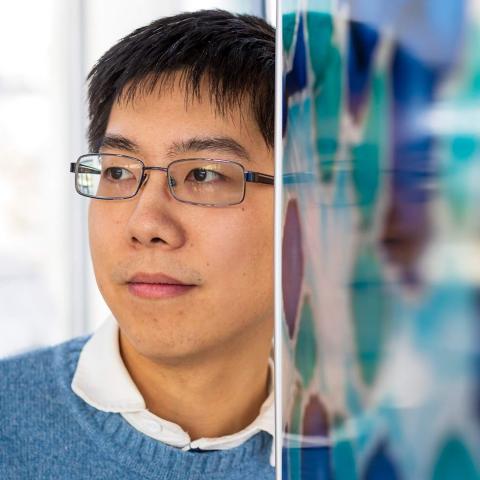
Victor Fung is an Assistant Professor in the School of Computational Science and Engineering. Prior to this position, he was a Wigner Fellow and a member of the Nanomaterials Theory Insitute in the Center for Nanophase Materials Sciences at Oak Ridge National Laboratory. A physical chemist by training, Fung now works at the intersection of scientific artificial intelligence, computing, and materials science/chemistry.
Quantum chemistrySurrogate models for quantum chemistryData-driven inverse designChemically-informed machine learningHigh-throughput computational simulations
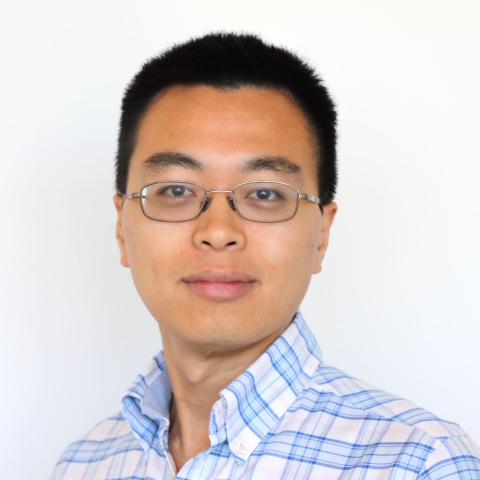
Dr. Chen is an Assistant Professor in the School of Computational Science and Engineering. Previously he was a Research Scientist at the Oden Institute for Computational Engineering and Sciences at the University of Texas at Austin. Dr. Chen’s research is in the multidisciplinary fields of computational mathematics, data science, scientific machine learning, and parallel computing with various applications in materials, energy, health, and natural hazard. Specifically, his research focuses on developing fast, scalable, and parallel computational methods for integrating data and models under high-dimensional uncertainty to make (1) statistical model learning via Bayesian inference, (2) reliable system prediction with uncertainty quantification, (3) efficient data acquisition through optimal experimental design, and (4) robust control and design by stochastic optimization.
Bayesian InferenceInfectious DiseasesOptimal Experimental DesignPlasma FusionStochastic OptimizationUncertainty Quantification

Billyde Brown is a Senior Research Engineer, and External User Outreach Manager, of the Institute for Matter and Systems (IMS) at the Georgia Institute of Technology. Dr. Brown is currently recruiting new external users from industry (startups, SMEs and large corporations) and academia to take advantage of world-class nano-/microfabrication and materials characterization facilities currently available at Georgia Tech's IMS facilities. Please message me if you want to learn more about Georgia Tech fabrication and characterization capabilities or become a new user.
Brown is also an active researcher with over 20 peer-reviewed publications and earned his Ph.D. degree in Electrical Engineering from Duke University. His research expertise areas include thin-film additive manufacturing, nanomaterial synthesis and characterization, electrochemical energy storage and conversion, and biosensors.
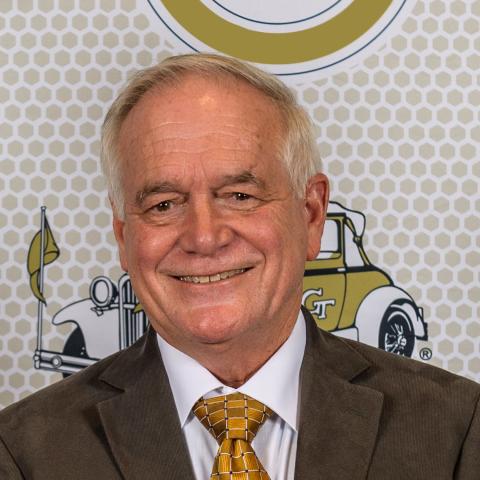
After completing his Ph.D. studies in 1976, Professor Arduengo began his professional career at the DuPont company as a member of the research staff. Within a year, he accepted a position on the chemistry faculty at the University of Illinois. Dr. Arduengo returned to DuPont in 1984 to pursue applications for a previously unknown type of phosphorus compound (ADPO) that had been discovered by his research group at Illinois. In 1999 Professor Arduengo resumed his work in academe with research groups in Germany and the United States. He is Professor of the Practice in the School of Chemistry and Biochemistry at the Georgia Institute of Technology and Saxon Professor Emeritus in organic chemistry at the University of Alabama.
Professor Arduengo's research in the area of main group chemistry has produced many scientific "firsts," including the discovery of the first planar T-shaped bonding arrangement at phosphorus centers. Further work in this area at DuPont uncovered a previously unrecognized "edge inversion process" that operates at main group element centers and explains many apparent anomalies in main group element chemistry. Dr. Arduengo's interest in and study of compounds with unusual valence allowed him to synthesize the first stable crystalline carbene in 1990.
This carbene research not only represents a milestone in chemistry, but this science also has led to a rapidly increasing variety of commercial applications. "We're looking into uses in direct catalysis, for crosslinking polymers, and for transition metals catalysis in which carbenes can be incorporated as ligands." "We've added a new tool to the chemist's repertoire which we can take off the shelf and use at will to follow imaginative ideas in new directions."
Recently, the Arduengo Group research has joined the efforts of the Medicines for All Institute and participates in BARDA programs to develop modern, sustainable technology that facilitates repatriation of essential chemical and pharmaceutical manufacturing to U.S. shores.
His research earned him an Alexander von Humboldt senior research prize and the 1996 Gold Medal for 'Excellence in Main Group Chemistry' from the International Council on Main Group Chemistry. In 2007 Professor was elected Fellow in The American Association for the Advancement of Science.
Professor Arduengo trained as a traditional synthetic organic chemist, but has continually sought collaborations with experts in inorganic chemistry, polymer and material science, and recently through his carbene chemistry, bioorganic catalysis in order to broaden the scope and impact of his scientific interests. As a result, he is recognized in his own right as an expert such diverse areas. Work from the arduengo group has yielded approximately 150 publications and patents including articles intended to stimulate the interest of the young and lay-public in science.
He values teaching and quality science education, and even from his industrial positions, Professor Arduengo has actively maintained a strong commitment to the preparation of future generations of scientists by holding lectures and demonstrations for elementary and high school classes and his supervision of a dozen post-doctoral co-workers.
Professor Arduengo leads research groups in the United States and Germany and provides his co-workers with opportunities to study abroad. This bi-national research program fosters a broad training experience with industrial interactions in both Germany and the United States. Professor Arduengo is a strong advocate of international research and training experiences and regularly hosts U.S. undergraduate and graduate students in laboratories in Germany. During these semesters abroad students experience everyday life and culture in Germany in addition to conducting research in a foreign research environment. Professor Arduengo provides instruction in a variety of subjects in Chemistry as well as German language instruction so that students are able to stay on track toward their degrees with no lost time.